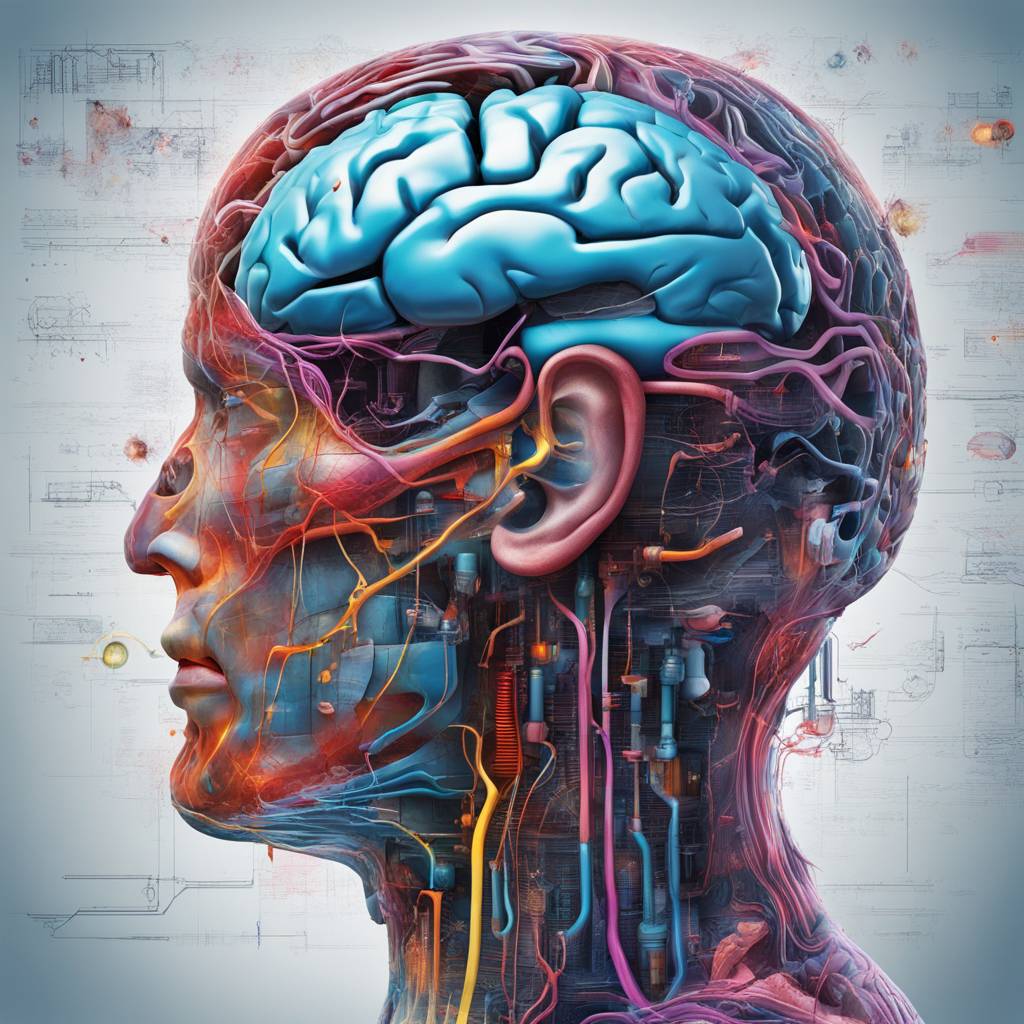Once you identify the specific area where the damage is; WHAT IS THE EXACT REHAB PROTOCOL TO BE USED TO RECOVER FROM THAT DAMAGE? Totally incomplete research!
Can AI be utilized to identify brain damage following a stroke?
The findings of the study revealed that GPT-4 was successful in locating lesions in the brains of many participants, determining the side of the brain affected as well as the specific brain region, with the exception of lesions in the cerebellum and spinal cord. The AI model demonstrated a sensitivity of 74% and a specificity of 87% in identifying the side of the brain with lesions, and a sensitivity of 85% and a specificity of 94% in pinpointing the brain region involved. Additionally, GPT-4 showed consistency in its results for the number of brain lesions, side of the brain, and brain regions in a majority of cases.
Although GPT-4 was able to provide accurate answers for 41% of participants when combining responses to all three questions across all three times, the study notes that further refinement and validation are needed before its clinical use. A key limitation of the study is that the accuracy of GPT-4 relies on the quality of information it receives, and detailed health histories and neurologic exam information may not always be available for all stroke patients. However, the potential of AI models like GPT-4 to assist in locating brain lesions after a stroke is seen as promising, particularly in underserved regions where access to neurologic care is limited.
The study highlights the importance of accurate identification of brain lesions following a stroke, as this information can significantly impact the long-term outcomes and treatment strategies for affected individuals. By leveraging the capabilities of AI models like GPT-4 to analyze health histories and neurologic exam data, neurologists may be able to streamline the diagnostic process and improve the efficiency of lesion localization. This advancement has the potential to reduce disparities in healthcare access and delivery, especially in regions where neurologic care is scarce.
Moving forward, further research and validation are needed to enhance the accuracy and reliability of AI models like GPT-4 in locating brain lesions after a stroke. As technology continues to evolve, the integration of AI in neurology practice holds promise for improving patient outcomes and enhancing the accessibility and quality of healthcare services worldwide. Continued collaboration between neurologists, researchers, and AI experts will be crucial in harnessing the full potential of artificial intelligence in advancing neurologic care and addressing the global health challenges posed by strokes and other neurological conditions.

No comments:
Post a Comment